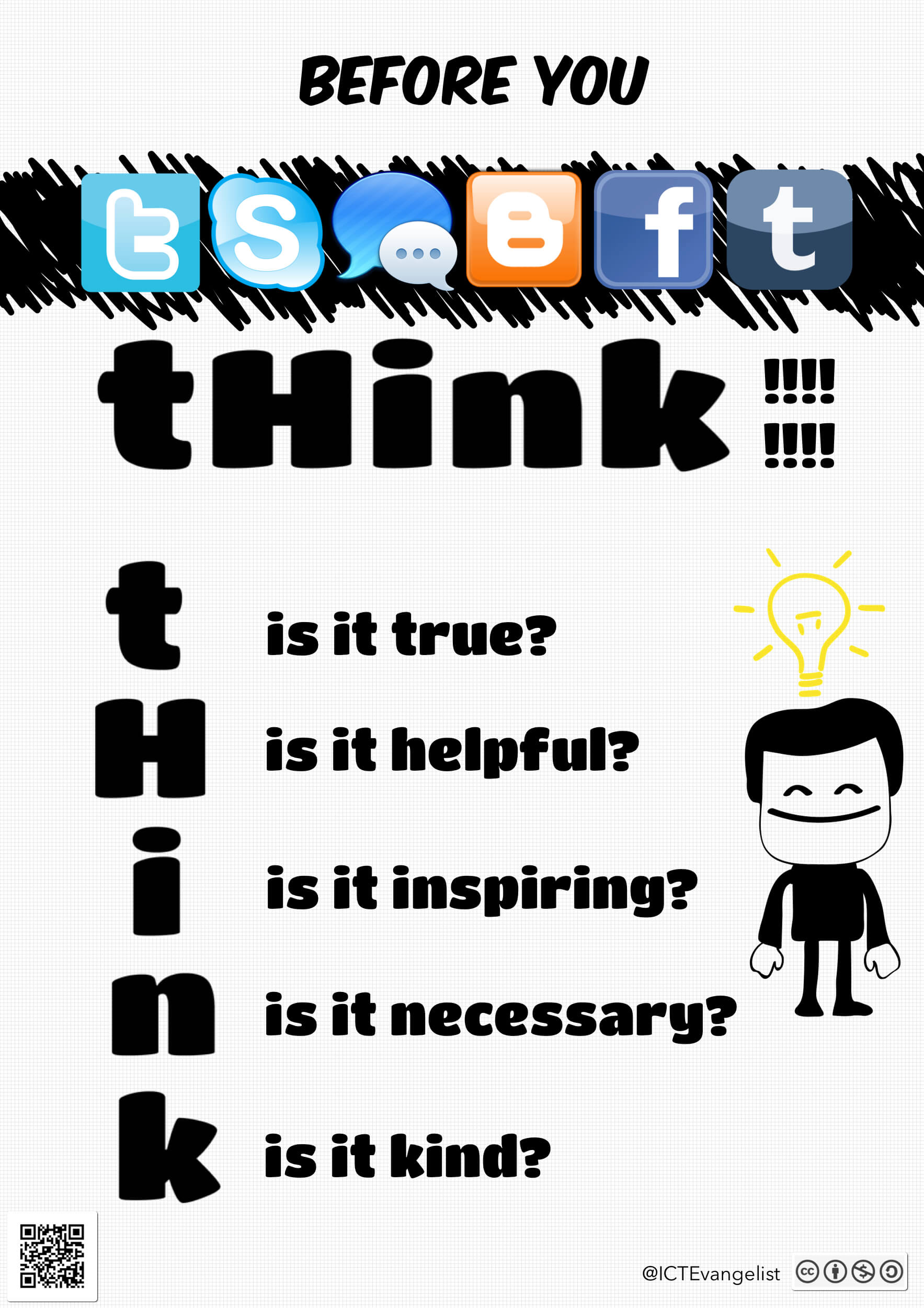The Hour of Code will soon begin!
Next week (Dec. 9 & 11) ISPP will be hosting two events to join in a huge worldwide event: The Hour of Code.
We're going to be making and playing games, learning about how computer programs work and respecting the fact that code exists all around us: online and off, in our phones, cars, clocks, and microwaves, from games to calculators, the code is there... and schools are barely studying it!
Learning the basics of how computer programming works is actually super easy... and it makes for great team learning between friends and families. At our Hour of Code events we'll have everything you need to help you get started, but feel free to bring your own computer or program if you like! This is an all ages event and you're most welcome to bring friends, those who complete the hour will earn a certificate and get a great start to understanding how all these apps and websites actually work.
We have two events:
Tuesday, December 9th, Elementary campus and Thursday, December 11th, Secondary campus.
Learning the basics of how computer programming works is actually super easy... and it makes for great team learning between friends and families. At our Hour of Code events we'll have everything you need to help you get started, but feel free to bring your own computer or program if you like! This is an all ages event and you're most welcome to bring friends, those who complete the hour will earn a certificate and get a great start to understanding how all these apps and websites actually work.
We have two events:
Tuesday, December 9th, Elementary campus and Thursday, December 11th, Secondary campus.














